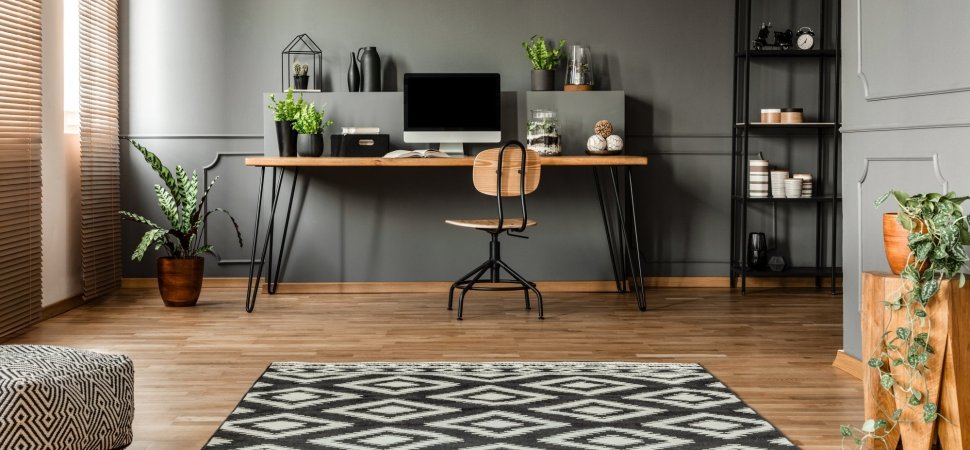
In the midst of the coronavirus outbreak, many of us are encouraged to work from home if we can.
And while it means we can avoid a busy commute, put a wash on while we’re working and have a little more sleep – there are a few downsides, too.
Anyone find themselves working into the evening, constantly checking their emails way beyond their working hours?
Yeah, us too. Because it’s difficult to switch off when your home is your office. But it doesn’t have to be that hard.
Here’s how you switch off from work when home is your office.
Be mindful of where you’re working
We don’t all have the benefit of having a spare room or office to work in while working from home – but it’s worth trying to work in a room that you’re unlikely to spend the rest of the evening in.
Then, when you’re relaxing post-work, it’ll help you ward off that feeling you’re chilling in your office, say James Pacey and Rosa Connor, co-founders of Haptivate, who run happiness at work workshops.
This is also true if you’re working in your bedroom.
It’s good sleep hygiene to only use your bedroom for sleeping – that way your body knows it’s time to switch off when you’re in there, rather than thinking about other things like work.
Follow a routine in the day
Having a healthy working routine in the day – where you have a feeling of regularity and rhythm – will allow you to come to a close more easily at the end of the day.
If you follow a routine in the day, you’re more likely to stick to it at the end of the day – by stopping work.
Get out at lunch time – and take breaks
Switching off from work at home is difficult right in the middle of the day. Physically taking yourself out of our home office – even if it’s just a minuet or two – to take yourself out of that environment as a distraction.
It’s also beneficial to take regular breaks during your workday.
Block 90 mins of deep work with 15 minutes of rest, where you disconnect and do something that anchors you in the present. By doing this you work in waves, and this makes it so much easier to flow into a rest wave after work, rather than pushing to burnout all-day
Switch off (literally) and unplug
It’s far less tempting to see if you’ve got a reply to that email, or an update on a project, if your laptop isn’t sat on the table or desk in front of you.
Physically putting your laptop screen down, or turning off the computer, will do you the world of good.
Move the laptop into a drawer, or hide it away so you can’t see it. It might also be worth tidying up the work space, signalling that you’re done for the day
Plan an activity for the end of the day
When you’re in an office, at the end of regular working hours, employees say goodbye and announce they’re signing off for the evening.
“You can help to draw a boundary between work and home-life by planning an activity to do at the end of the working day,
For example, you might do a workout, meditate or call family members at the same time every day, helping you to unplug from work and setting you up to spend your evening relaxing.

